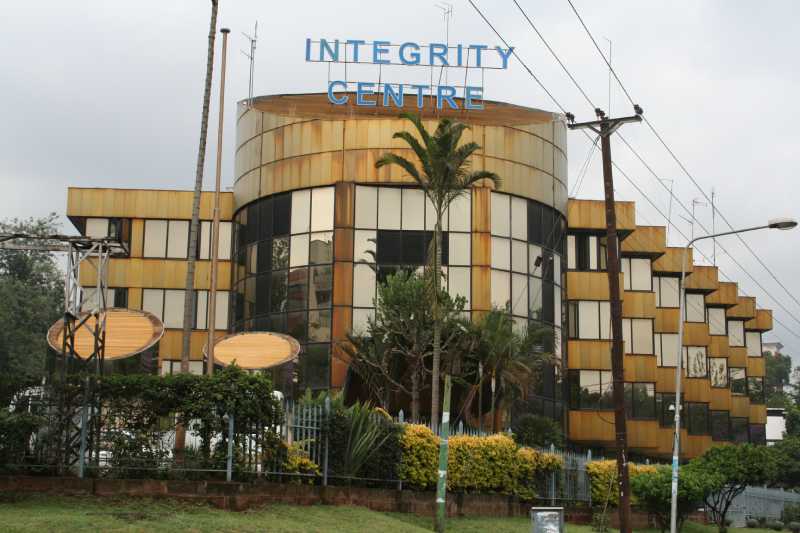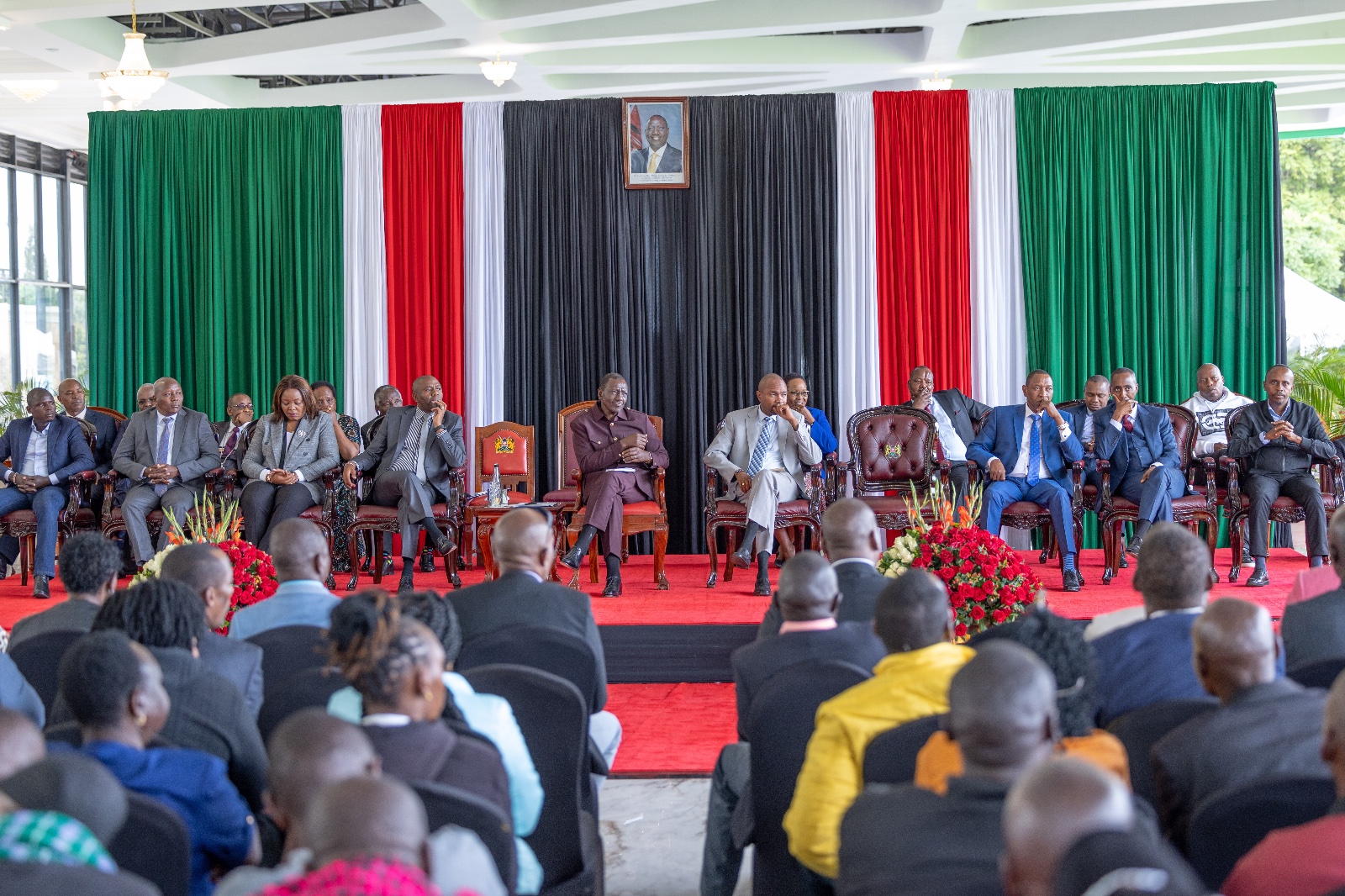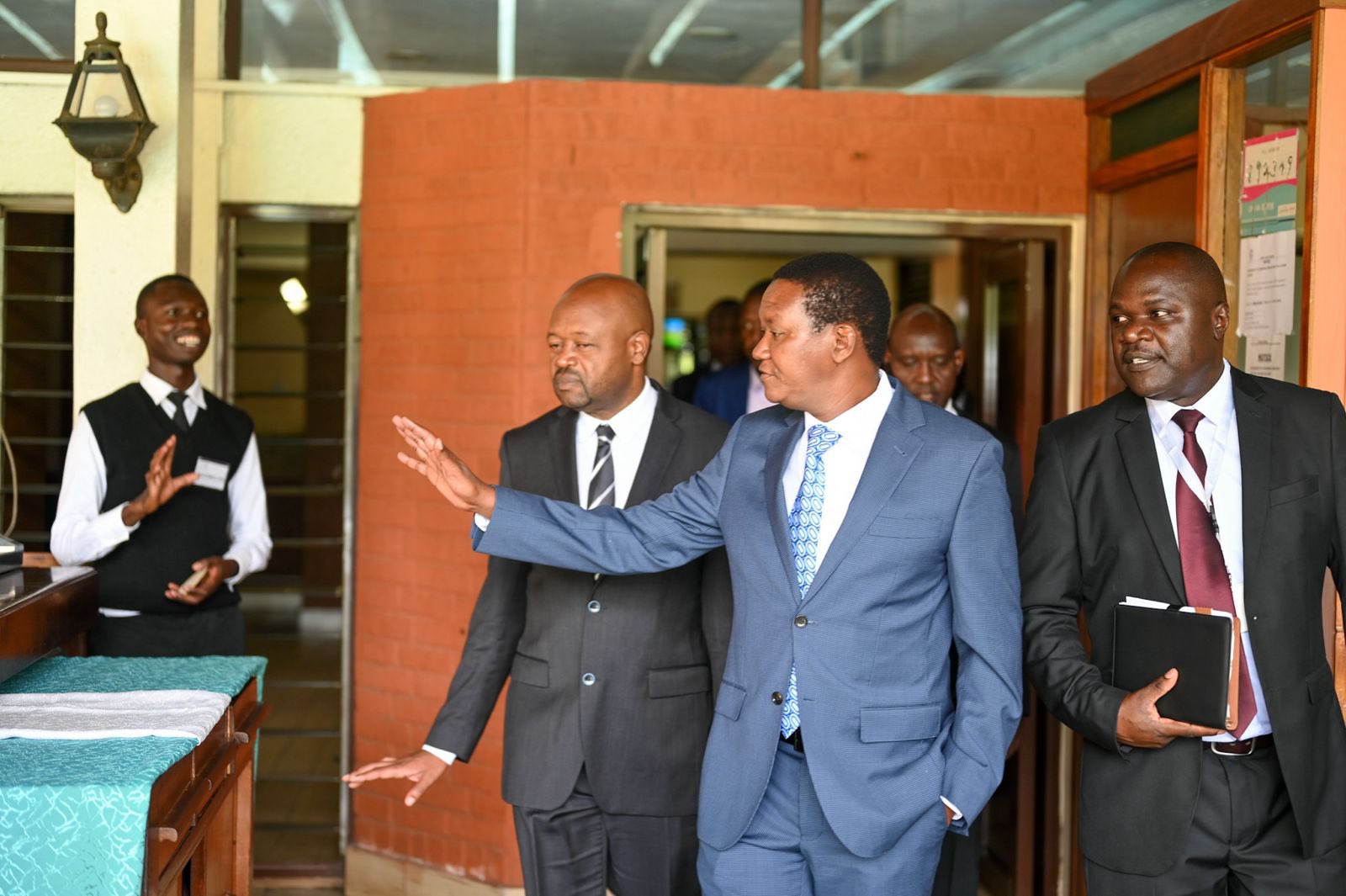
The Ethics and Anti-Corruption Commission (EACC) has put forward a comprehensive strategy to combat corruption, aiming to bring about a significant reduction in the prevalence of corrupt practices within the country.
CEO Twalib Mbarak, addressing a joint forum with the Justice and Legal Affairs Committee of the National Assembly, emphasized the urgent need for strategic reforms to tackle the deep-rooted issue of corruption.
Mbarak stressed the importance of bolstering oversight institutions, labeling it as a critical starting point in the fight against corruption. He highlighted the inefficiency of key institutions such as the EACC, Office of the Director of Public Prosecutions (ODPP), the Judiciary, and the Office of the Attorney General (OAG), attributing their ineffectiveness to a lack of resources.
“In order to enhance accountability and address the rot in public services, JLAC should support expansion to ensure government services are devolved and offered efficiently, effectively and in a timely manner,” Mbarak stated, underlining the need for support from the Justice and Legal Affairs Committee to strengthen oversight measures.
The CEO also pinpointed specific areas requiring immediate attention, including the rampant issue of land anarchy, fake academic certifications, and procurement irregularities.
He made a series of recommendations, including the review of land laws, the establishment of an online portal for academic certificate verification, and the automation of procurement processes to ensure transparency and accountability.
The forum, attended by members of the JLAC and judicial representatives, marks a pivotal moment in the nation’s ongoing battle against corruption. Lady Justice Fatuma Sichale and High Court Judge David Majanja were among those present at the crucial gathering. The proposed reforms are set to reshape the anti-corruption landscape, signaling a renewed commitment to upholding integrity and accountability within the public sector.






